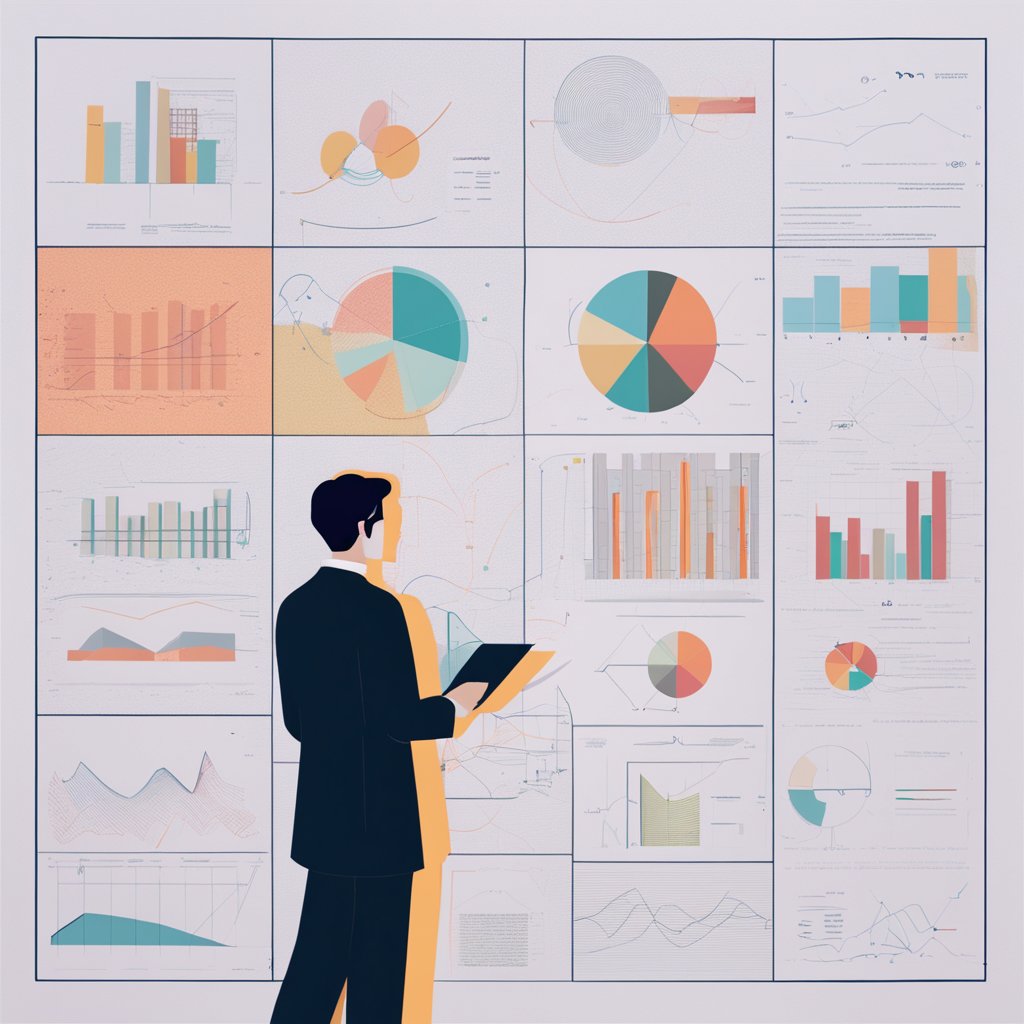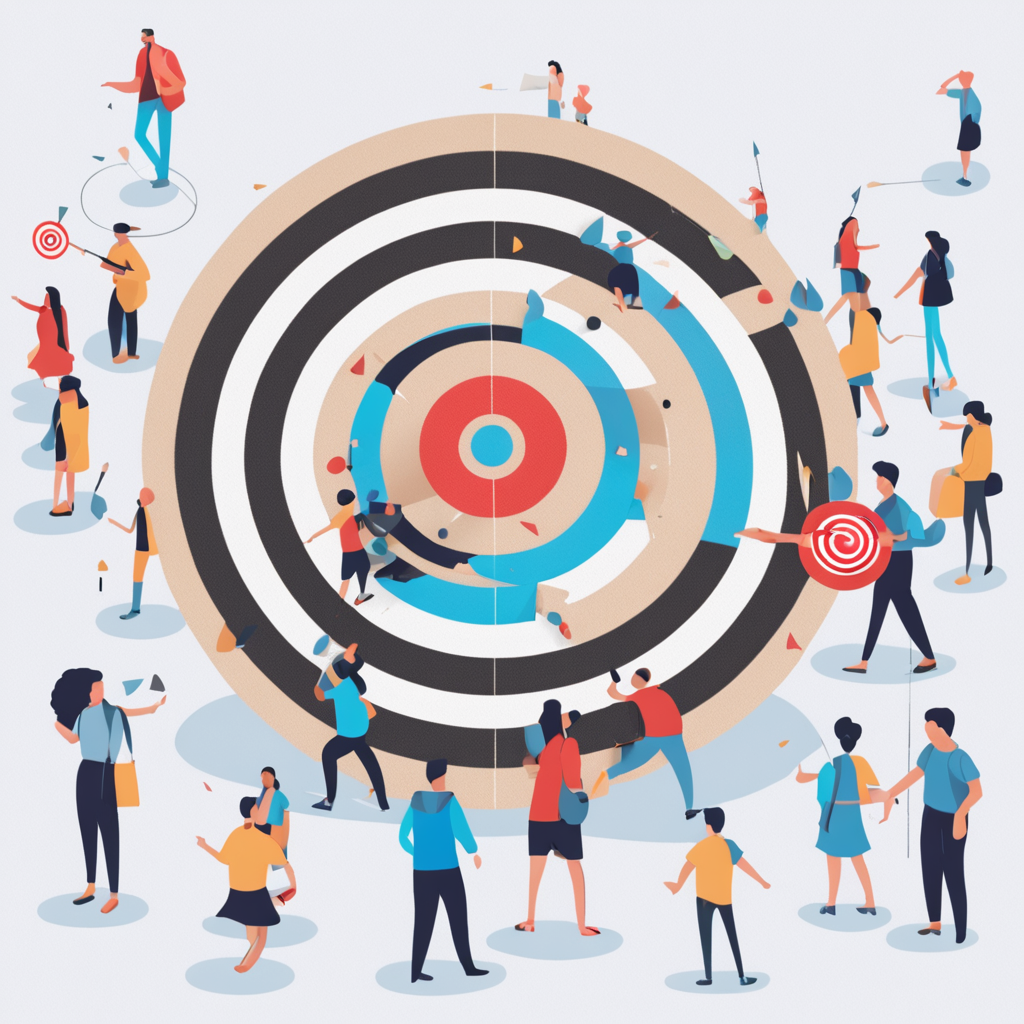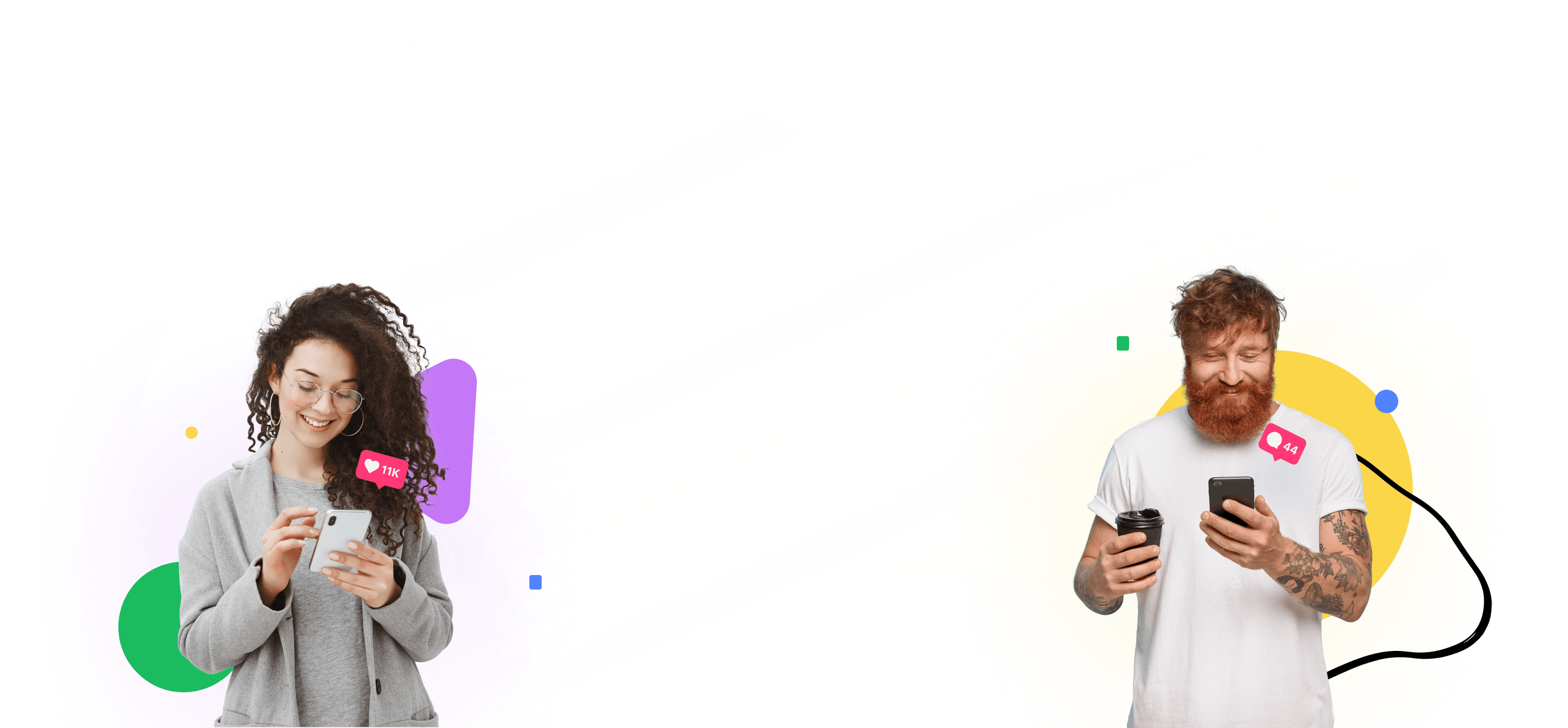Artificial Intelligence (AI) is no longer a futuristic concept; it’s a driving force reshaping the marketing landscape. As we move into 2024, AI’s influence on marketing strategies is expected to grow even more profound. Here are some key trends to watch :
Hyper-Personalization
AI’s ability to analyze vast amounts of data in real-time allows for hyper-personalization of marketing messages. Brands can now deliver tailored content, offers, and experiences to individual customers based on their behaviors, preferences, and past interactions. This level of personalization increases engagement and conversion rates significantly.
For example, AI can segment customers into highly specific groups and deliver unique email campaigns that address their individual needs and interests. Retailers can use AI to recommend products based on past purchases and browsing behavior, creating a seamless and intuitive shopping experience that feels personalized and attentive.

AI-Powered Chatbots and Virtual Assistants
Chatbots and virtual assistants are becoming smarter and more human-like, thanks to advancements in natural language processing (NLP). These AI tools can handle customer inquiries, provide product recommendations, and even close sales, offering 24/7 support and enhancing customer satisfaction.
For instance, AI chatbots can manage customer service queries without human intervention, resolving issues quickly and efficiently. They can guide customers through purchasing processes, recommend products based on previous interactions, and even upsell or cross-sell complementary items. Virtual assistants like Alexa and Google Assistant are also evolving, enabling voice-activated shopping and personalized assistance.
Predictive Analytics
Predictive analytics, powered by AI, enables marketers to forecast future trends, customer behaviors, and campaign outcomes. By leveraging historical data, AI can predict which products customers are likely to buy, the best times to launch campaigns, and the most effective channels for reaching target audiences.
This predictive power allows marketers to allocate their budgets more effectively, optimize their campaigns in real-time, and ultimately achieve better ROI. For example, AI can analyze customer purchase patterns to predict which customers are most likely to churn and help marketers deploy retention strategies proactively.

Visual and Voice Search Optimization
AI is revolutionizing how consumers search for products and services. Visual and voice search technologies are gaining traction, requiring marketers to optimize their content accordingly. AI can help analyze visual content and understand voice queries, making it easier for brands to be discovered through these emerging search methods.
Visual search tools, like Google Lens, allow users to search using images rather than text. Brands need to optimize their visual content to be easily searchable and recognizable by AI algorithms. Similarly, as more consumers use voice search, optimizing for conversational keywords and natural language queries becomes essential for maintaining search visibility.
Automated Content Creation
AI tools are now capable of generating high-quality content, from blog posts and social media updates to product descriptions and ad copy. This automation saves time and ensures consistency in brand messaging. Additionally, AI can analyze which types of content perform best, helping marketers refine their content strategies.
Platforms like OpenAI's GPT-4 can write coherent and engaging articles based on a few keywords or prompts. AI-driven tools can also create personalized content for different segments of an audience, ensuring that each piece of content resonates with the intended recipients. This leads to higher engagement rates and more effective content marketing efforts.

Enhanced Customer Experience
AI can analyze customer interactions across multiple touchpoints to provide a seamless and cohesive customer experience. From personalized website experiences to customized email campaigns, AI ensures that customers receive relevant and timely communications, enhancing their overall experience with the brand.
For example, AI can track a customer's journey across a website and tailor the experience to their behavior, showing relevant products or content based on what they have previously viewed. AI can also automate follow-up emails after a purchase, ensuring timely and relevant communication that enhances customer satisfaction and loyalty.
AI in Ad Targeting and Retargeting
AI enhances ad targeting and retargeting by identifying the most relevant audiences and optimizing ad placements. Machine learning algorithms analyze user behavior and engagement patterns to serve ads that are more likely to convert, maximizing the return on ad spend.
For instance, AI can dynamically adjust ad bids based on real-time data, ensuring that ads are shown to users most likely to engage or convert. Retargeting efforts can be fine-tuned to show personalized ads to users who have previously interacted with a brand, keeping the brand top-of-mind and encouraging repeat visits or purchases.

AI-Driven Social Media Marketing
AI tools can manage and analyze social media activities, providing insights into customer sentiments, trending topics, and the best times to post. This allows marketers to create more engaging content and build stronger connections with their audiences on social platforms.
AI can analyze social media conversations to gauge public sentiment about a brand or product, helping marketers respond appropriately and in a timely manner. AI-driven tools can also schedule posts for optimal engagement times, analyze the performance of social media campaigns, and provide insights into what type of content resonates best with the audience.
FAQ
Q: How can small businesses benefit from AI in marketing? A: Small businesses can leverage AI to compete with larger companies by automating routine tasks, personalizing marketing efforts, and gaining insights from data analytics. AI tools are becoming more accessible and affordable, making it easier for small businesses to implement them.
Q: Is AI in marketing expensive to implement? A: The cost of implementing AI in marketing can vary. While some advanced AI solutions can be costly, there are many affordable AI tools and platforms available that cater to businesses of all sizes. The investment often pays off through improved efficiency and better marketing outcomes.
Q: Will AI replace human marketers? A: AI is designed to augment human capabilities, not replace them. AI can handle data analysis, automation, and repetitive tasks, allowing human marketers to focus on creative and strategic aspects of their roles. The collaboration between AI and human marketers leads to more effective marketing strategies.
Q: How does AI ensure data privacy and security? A: AI systems must comply with data privacy regulations, such as GDPR and CCPA. Marketers should work with AI providers that prioritize data security and use anonymization and encryption techniques to protect customer information.
Q: What skills are needed to work with AI in marketing? A: Marketers should have a basic understanding of AI concepts and data analytics. Skills in digital marketing, content creation, and social media management are also important. Continuous learning and staying updated on AI advancements will be beneficial.
Embracing AI in marketing opens up new possibilities for innovation and growth. By keeping an eye on these trends, businesses can stay ahead of the curve and create more impactful marketing strategies in 2024 and beyond.



